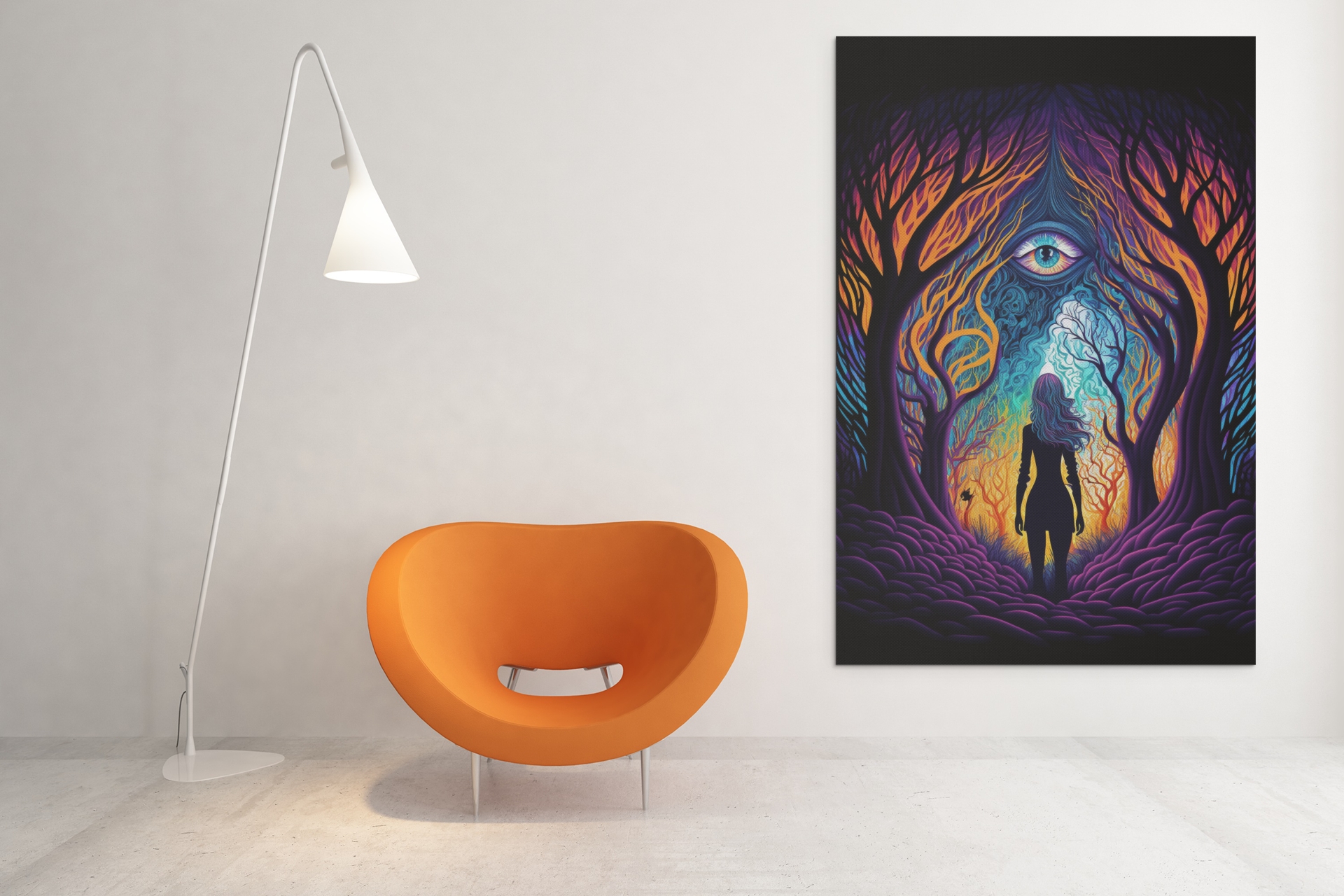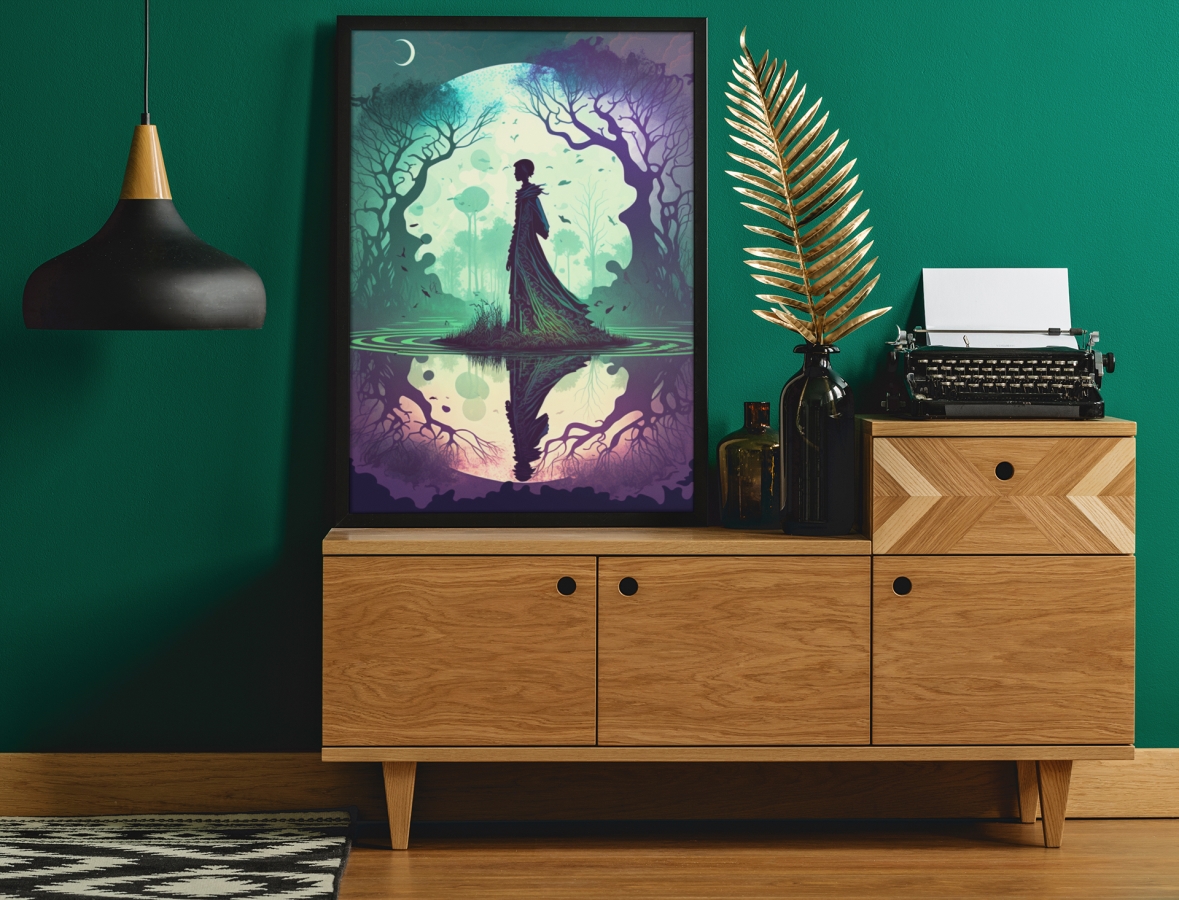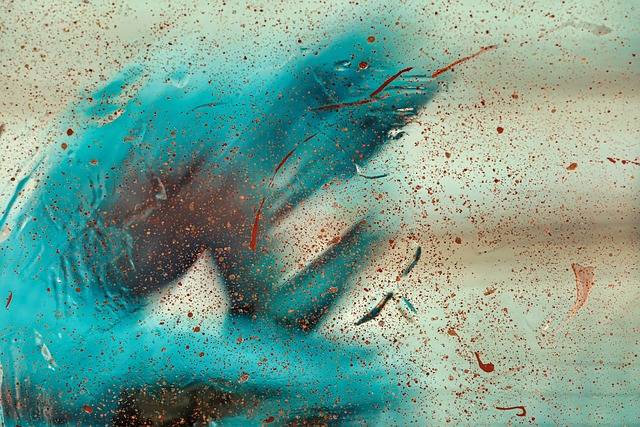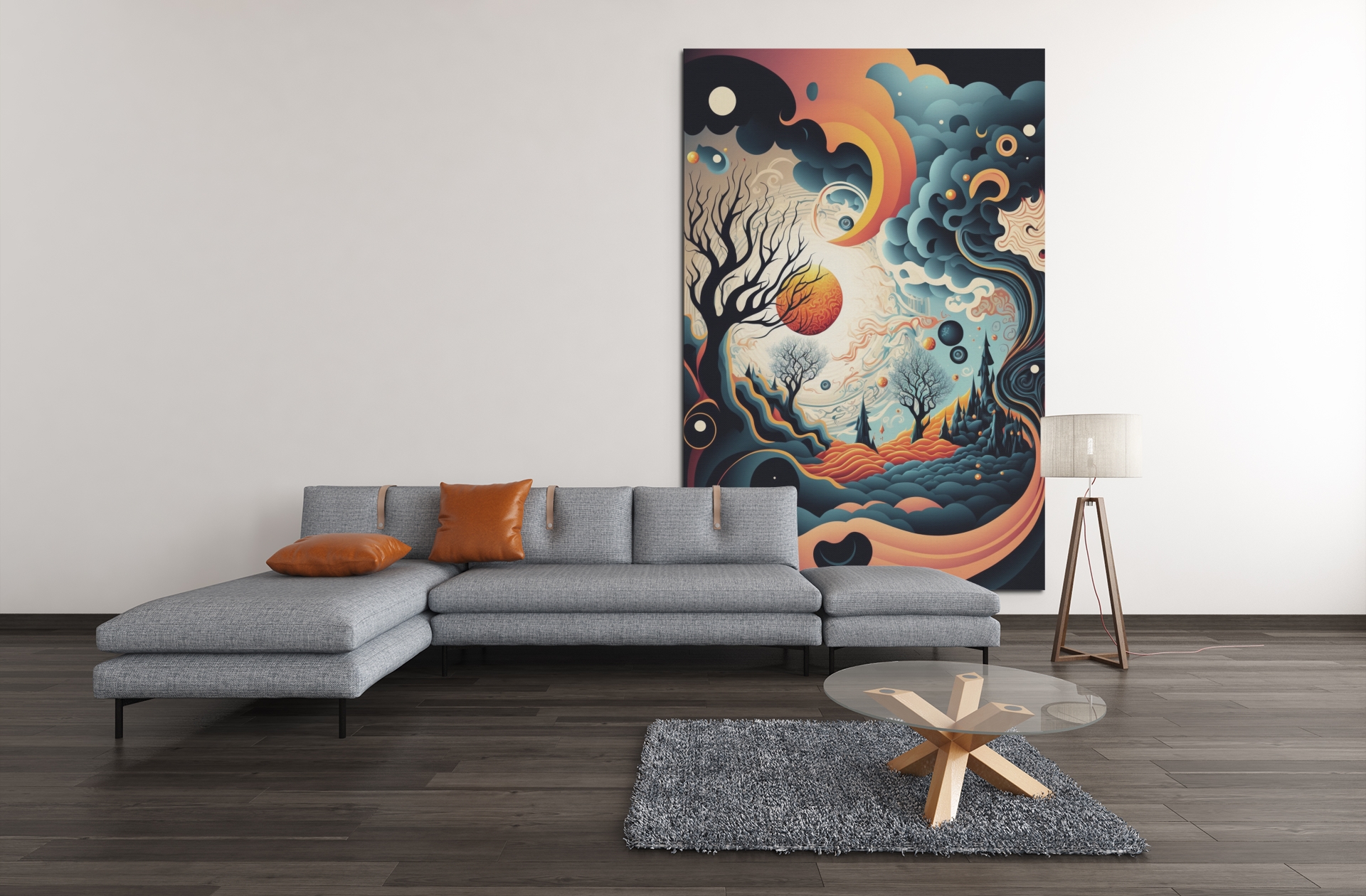Psychedelic assisted therapy for depression
Depression is a debilitating mental illness that affects millions of people around the world. While there are many treatments available, some individuals have found little to no relief from traditional methods. In this blog article, we explore how psychedelic-assisted therapy could be used as an alternative treatment for depression and uncover the potential of psychedelics in mental health care. We will discuss the benefits of psychotropic-assisted therapy, whether it’s right for you, and discover a new way to combat major depression: psychedelics.

Summary
“Our discoveries contribute to the proof that, under tightly monitored conditions, this is a promising treatment approach which can result in noteworthy and long-lasting improvements in depression,” states Natalie Gukasyan, M.D., assistant professor of psychiatry and behavioral sciences at the Johns Hopkins University School of Medicine. Though, she warns that “the results we witness are within a research environment and necessitate a great deal of preparation and systematized support from trained clinicians and therapists; individuals should not endeavor to do it unmonitored.”
Depression is a serious mental health issue that affects millions of people around the world. It can be difficult to treat, and many traditional therapies have limited success. However, recent research has shown that psychedelic-assisted therapy may offer new hope for those struggling with depression.
Psychedelic-aided treatment involves the use of psychedelics such as psilocybin or LSD in combination with psychotherapy to help patients explore their emotions and gain insight into their condition. The goal is to create an altered state of consciousness which allows individuals to access parts of themselves they would not normally be able to reach through conventional talk therapy alone. This can lead to profound insights and emotional breakthroughs which can help them better understand their depression and ultimately find relief from it.
The results so far are promising; studies have found that psychedelic-assisted therapy can reduce symptoms of depression significantly more than traditional treatments like cognitive behavioral therapy (CBT). These effects appear long lasting too, with some studies showing reductions in depressive symptoms up to one year after treatment ended!
However, there are still some risks associated with using psychedelics for therapeutic purposes; these include potential adverse reactions such as anxiety or paranoia during the experience itself as well as possible long term psychological issues if used improperly or without proper guidance from a trained therapist/guide . For this reason it’s important for anyone considering this type of treatment approach should do so under careful supervision by qualified professionals who know how best manage any potential risks involved .
Psychedelic assisted therapies are still relatively new but they offer real promise when it comes treating depression – offering hope where other treatments have failed before! If you’re struggling with your mental health then consider talking about this option further with your doctor or therapist today – you never know what kind of positive changes could come out if it!

How Psychedelic Therapy Could Help Treat Depression
For the study at the Johns Hopkins University, 27 people with a long-standing history of depression were enlisted, mostly having had signs of depression for about two years prior to the recruitment. The mean age was 40; 19 were females and 25 were Caucasians, one African American, and one Asian. 88% of the participants had been treated with regular antidepressants and 58% reported taking antidepressants in their current depression spell.
Following the review, members were assigned randomly to one of two categories in which they got the intervention right away or after an eight-week delay. During the process, all individuals were given six to eight hours of preparatory discussions with two treatment facilitators.
Subsequent to getting ready, members got two dosages of psilocybin, given around two weeks separated between August 2017 and April 2019 at the Behavioral Biology Research Center at Johns Hopkins Bayview Medical Center. Members returned for support one day and one week after each meeting, and afterward at one, three, six and 12 months following the subsequent session; 24 individuals finished both psilocybin meetings and all follow-up evaluation visits.
The scientists declared that the utilization of psilocybin in both groups led to remarkable decreases in depression, and this remained low up to twelve months after treatment. Depression was evaluated prior to and after treatment using the GRID-Hamilton Depression Rating Scale, a conventional depression analysis tool, in which a score of 24 or more means severe depression, 17–23 moderate depression, 8–16 slight depression and 7 or less no depression.
Most of the people involved experienced a decrease in the overall therapy outcome, going from 22.8 before treatment to 8.7 after one week, 8.9 in four weeks, 9.3 in three months, 7 in six months and 7.7 at 12 months after treatment. There was no considerable change in the reaction to the therapy or in the alleviation of symptoms during the follow-up period, with 75% response and 58% remission at 12 months. “Psilocybin not only produces significant and immediate effects, it also has a long duration, which suggests that it may be a uniquely useful new treatment for depression,” says Roland Griffiths, Ph.D. , the Oliver Lee McCabe III, Ph.D., Professor in Neuropsychopharmacology of Consciousness at Johns Hopkins University School of Medicine and creator of the Johns Hopkins Center for Psychedelic and Consciousness Research. He has expressed that when compared to regular antidepressants which necessitate extended use, psilocybin has the possibility to permanently ameliorate the signs of depression with one or two treatments.
Depression is a serious mental health condition that affects millions of people around the world. It can be debilitating and difficult to manage, but there may be hope on the horizon in the form of psychedelic therapy. Psychedelic assisted therapy has been gaining traction as an effective treatment for depression, with promising results from clinical trials and anecdotal evidence from those who have tried it.
Psychedelics are substances that produce altered states of consciousness, often characterized by feelings of euphoria or spiritual enlightenment. When used in therapeutic settings under professional supervision, they can help to reduce symptoms associated with depression such as anxiety and low moods while also providing insight into underlying causes or triggers for depressive episodes. In addition to these psychological benefits, psychedelics may also act on brain chemistry in ways that could improve overall mental well-being over time.
The potential applications for psychedelic assisted therapy go beyond treating depression; research suggests it could also help treat addiction disorders like alcoholism or opioid abuse disorder (OUD). The effects of psychedelics on brain chemistry appear to make them particularly useful when addressing substance use disorders because they can provide relief without creating physical dependence like other drugs do: a major advantage over traditional treatments such as methadone maintenance programs which require long-term use and carry significant risks themselves if misused or abused .
Psychedelic assisted therapies are still relatively new so more research needs to be done before we know their full potential; however initial studies suggest they offer great promise not only for treating depression but potentially many other conditions too. If you’re struggling with a mental health issue such as depression then talking to your doctor about whether this type of treatment might work for you is worth considering: it just might change your life!
Exploring the Benefits of Psychedelic-Assisted Therapy for Depression
Previous investigations conducted by Johns Hopkins Medicine scientists demonstrated that psychedelic treatment with psilocybin alleviated major depressive disorder indications in grown-ups for up to 30 days. In a subsequent examination of those individuals, the researchers reveal that the considerable antidepressant effects of psilocybin-aided treatment, provided with supportive psychotherapy, could endure for at least one year for some patients.
Psychotropic-supported treatment involves using a psychedelic drug while engaging in psychotherapy with a trained therapist or guide who helps facilitate the experience. This type of treatment has been found to be effective at reducing symptoms associated with various mental health disorders including depression. It can also lead to long-term changes in behavior patterns and attitudes towards life that can improve overall well being even after just one session.
The use of psychedelics during psychotherapy sessions allows people suffering from depression access to new perspectives which can help them gain insight into their own thoughts and feelings about their condition as well as how it affects their lives outside the therapeutic setting. Additionally, these substances appear to reduce activity within certain brain networks responsible for rumination (repeatedly thinking about negative thoughts) which could potentially provide relief from depressive symptoms over time if done correctly under proper supervision by trained professionals .

What’s the Safest Way to Try Psychedelic-Assisted Therapy Right Now?
- In the United States, psilocybin-therapy is currently permissible simply through an FDA-endorsed clinical trial. In recent years, there has been a dramatic surge in research on psychedelic substances, thereby resulting in several places where the potency of psychotropic materials is presently being scrutinized.To access a list of current psychedelic research studies, go to clinicaltrials.gov and look for relevant words (e.g., psilocybin, MDMA, psychedelics, etc.). After that, click the “On Map” tab to locate studies in your area. Each listing provides details about the study such as its location and contact information.
Can I travel to Johns Hopkins University to participate in a trial?
- In general, those who are located within a reasonable driving distance to Hopkins University are most preferred for participation in trials. There may be certain trials that accept individuals from farther away, and this is evaluated on an individual basis. If you have further inquiries about traveling for a specific study, please choose the study from the drop down menu on the right and submit a contact form
Psychotropic-assisted treatments are now being researched to address depression that has resisted therapy, post-traumatic stress disorder (PTSD), and other mental health conditions. Common psychoactive drugs used in psychedelic therapies include ketamine, MDMA, and psilocybin.
These drugs have been demonstrated to have high efficacy when used correctly under the supervision of trained professionals in a supportive environment. Psychedelic-assisted therapy can provide profound healing benefits for people suffering from debilitating mental health issues, but it is important to ensure that the experience is as safe as possible by consulting with an experienced practitioner.
How are experts working to make psychedelic assisted therapy more accessible in the future?
The findings of these studies and experiments appear to be having an immense effect on common society and legal framework. In 2020, Oregon became the initial U.S. state to form a legitimate structure for regulated psilocybin sessions.
California, Vermont and Hawaii are currently considering laws and regulations regarding psychedelics. During the U.S. midterm elections, Colorado became the second state to approve using psilocybin in officially monitored facilities.
In the end, also the U.S. Veterans Administration has been investigating psychedelic-supported treatments – a program that has been endorsed by both Republicans and Democrats.
Considering the possibility of psychedelics to treat and advance psychological wellness, it is only logical for advantages intermediaries and counselors to evaluate if business gave protection could (and truly should) support psychedelic-helped treatment. It may appear to be a jump from introductory examinations to protection sponsored treatment meetings, yet expenses to people can make or break treatment designs during monetary troubles.
Insurance firms already expend prodigious amounts of money on treating depression, yet their long-term effectiveness is dubious. What if psychedelic-assisted treatment reveals steady and validated efficiency in aiding patients to improve their psychological wellbeing? In light of these facts, it is sensible from an economic and moral standpoint for health insurers and self-funded businesses to think about providing these therapies. However, public opinion and prohibitive laws may be obstacles.
Experts on their hand, are focusing on preparing individuals for the psychedelic experience through extensive education and psychological support before, during, and after treatment. This preparation includes educating individuals about the potential effects of psychedelics, reviewing their medical history and any current medications they are taking, and providing support to ensure that a safe environment is maintained during the psychedelic experience.
Additionally, psychological support may include talking with a mental health provider or experienced guide to discuss one’s goals for the session and any concerns they have about the experience. Afterward, individuals may receive guidance in integrating their insights from the experience into daily life.
Furthermore, they are finding ways to make the treatment more affordable by developing new protocols such as combining different medications or using lower doses of psychedelics.
All these efforts and regulations will help ensure that more people can access the therapeutic benefits of psychedelics in the future.
In Conclusion
In conclusion, psychedelic-assisted psychotherapy has been shown to have promising results in treating major depression. Psilocybin treatment, ketamine-assisted therapy, and MDMA-assisted therapy have all been used to treat depression, other mental disorders, and have had positive outcomes.
While more research needs to be done to determine the safety and efficacy of these treatments, the current evidence is encouraging. It is important to note that these treatments should only be undertaken under the direction of trained professionals and with appropriate safeguards in place.
Furthermore, it is important for individuals considering such treatments to understand the potential risks associated with them before making any decisions.
If you liked any of the artworks above, please check them on Zazzle and Society 6 , and thank you for visiting !


